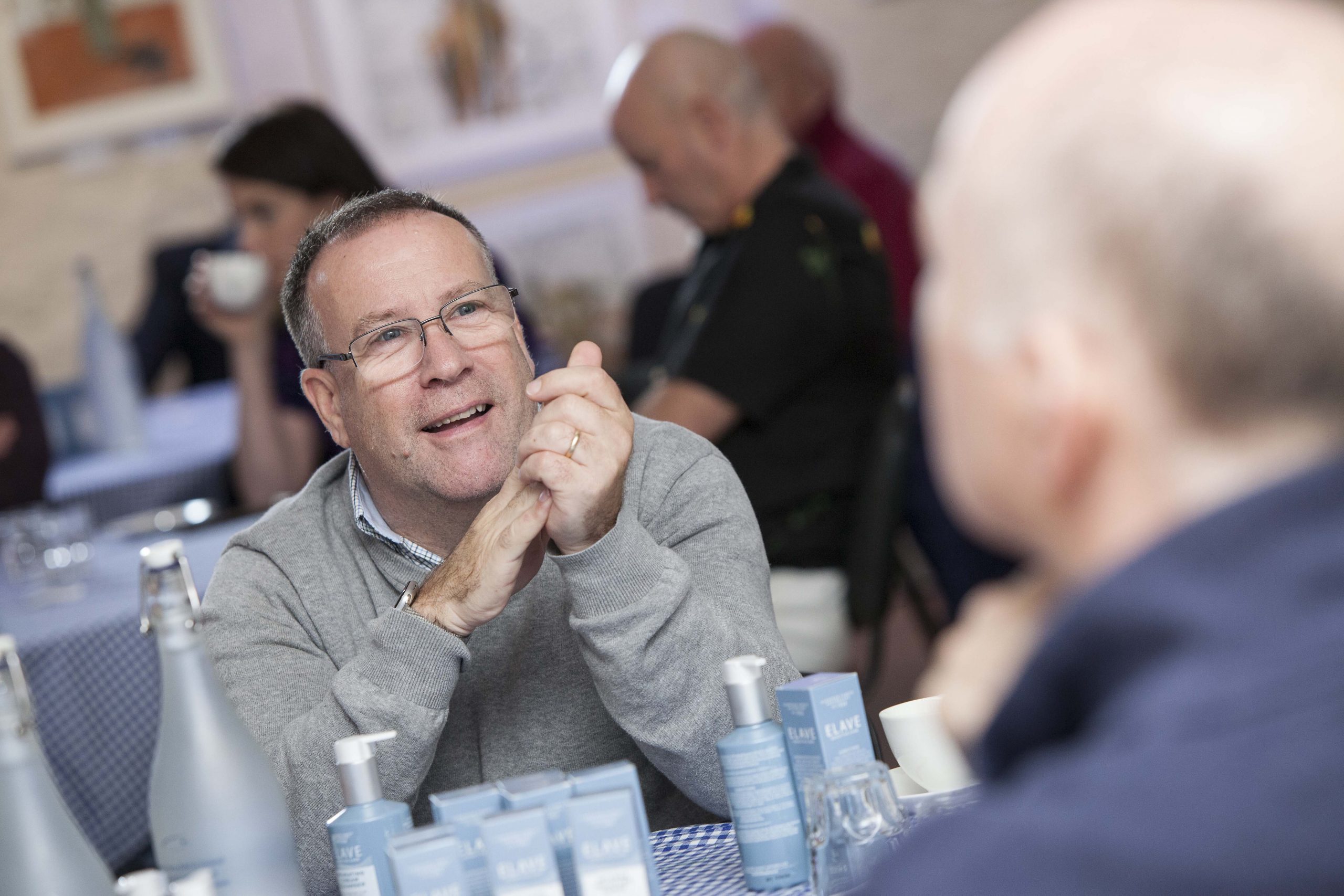It is two days after Frank Madden closed a mega-deal with Chicago-based private equity firm Water Street Healthcare Partners. It is one of the biggest corporate finance deals of the year, yet it barely makes a ripple in the Irish media when it is announced on October 12. Madden, the 54-year-old founder of Crest Solutions, could be forgiven for taking a break. After all, the past six months have been monopolised with intense due diligence to close a complex deal that creates what will become a global powerhouse provider of machine vision, serialisation, digitalisation and more to life science giants…
Cancel at any time. Are you already a member? Log in here.
Want to read the full story?
Unlock this article – and everything else on The Currency – with an annual membership and receive a free Samsonite Upscape suitcase, retailing at €235, delivered to your door.

